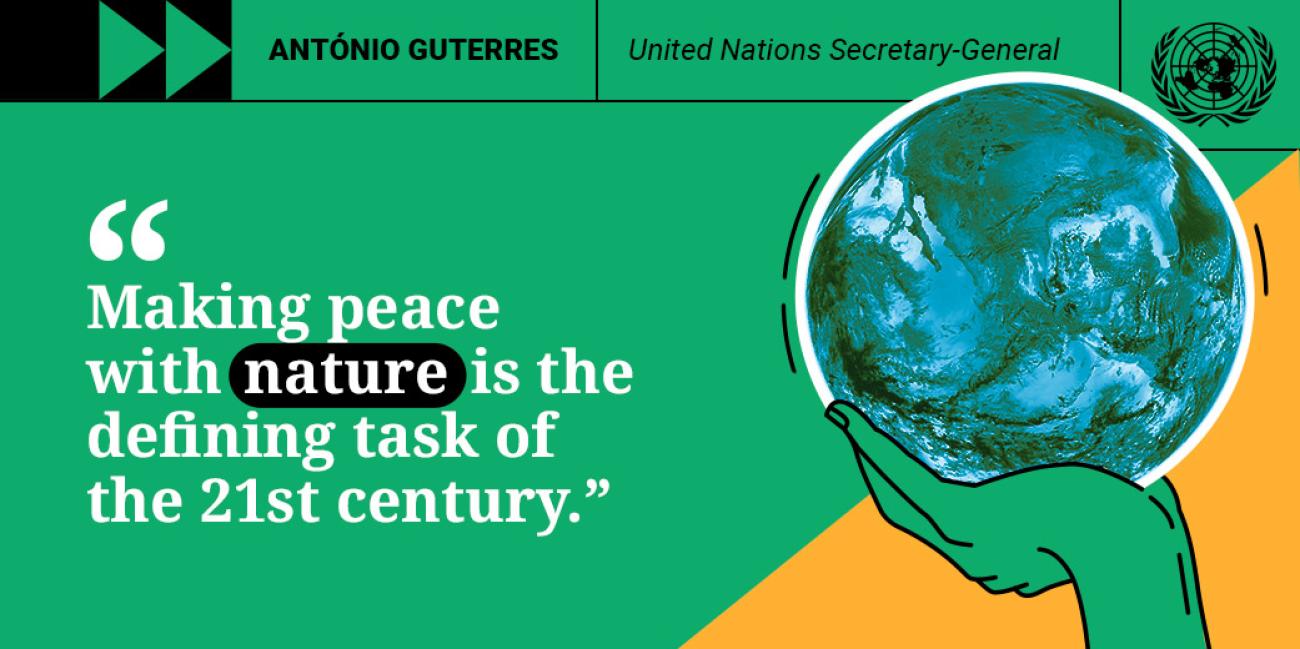A dialogue on global population dynamics, the ‘carrying capacity’ of the planet, and the effects on the environment of human engineering.
Watch the dialogue: https://bit.ly/3HbhJ22
On 20 January 2023, the UN and the University of Guyana Green Institute co-hosted a policy dialogue, which was facilitated by Professor Peter Schlosser, Vice President and Vice Provost of Global Futures at Arizona State University and an expert in the Earth’s hydrosphere and how humans affect the planet’s natural state. Professor Schlosser delivered a presentation demonstrating trends in global energy consumption and the urgency of energy transition.
He summarized the hugely damaging effects of global temperature rises already being experienced on every continent today. The presentation further considered the huge investments required to keep global heating below 1.5°C. Indeed, Professor Schlosser argued that this target may already be unattainable, and that efforts must now be focused on averting a rise in temperatures of 2°C as compared to pre-industrial levels.
He noted that whilst nature-based solutions will have a role, coalitions of states, scientists and businesses will need to cooperate on new technologies (including carbon capture and sequestration) to remove up to 20 gigatons of CO2 from the atmosphere annually by 2050 if worst-case scenarios are to be averted.
In summarizing, Professor Schlosser argued that for climate action to bear fruit, the global community will need to adopt the language of ‘planetary boundaries’ (or the earth’s ‘carrying capacity’); will need to assign different values to global goods (including by adopting a universal price on carbon); and rapidly accelerate the adoption of renewable energy sources.
This dialogue series considered policy options for responding to the triple challenge of climate change, biodiversity loss and pollution. Consistent with the right of all people in Guyana to self-development, opportunity, and a healthy environment, the dialogues have considered Guyana’s growth trajectory, the global transition away from fossil fuels, and incentives in environmental protection.



